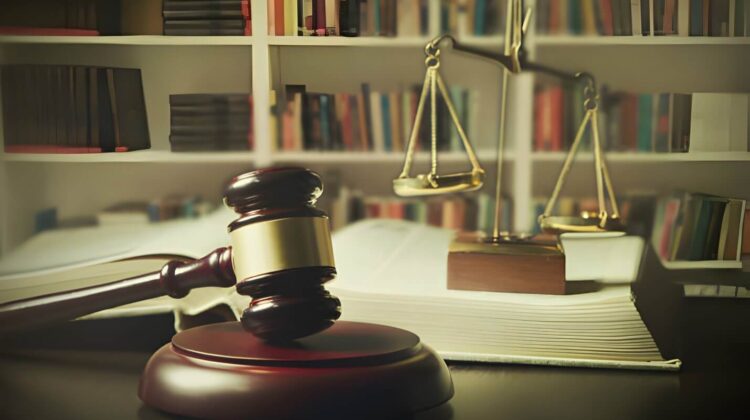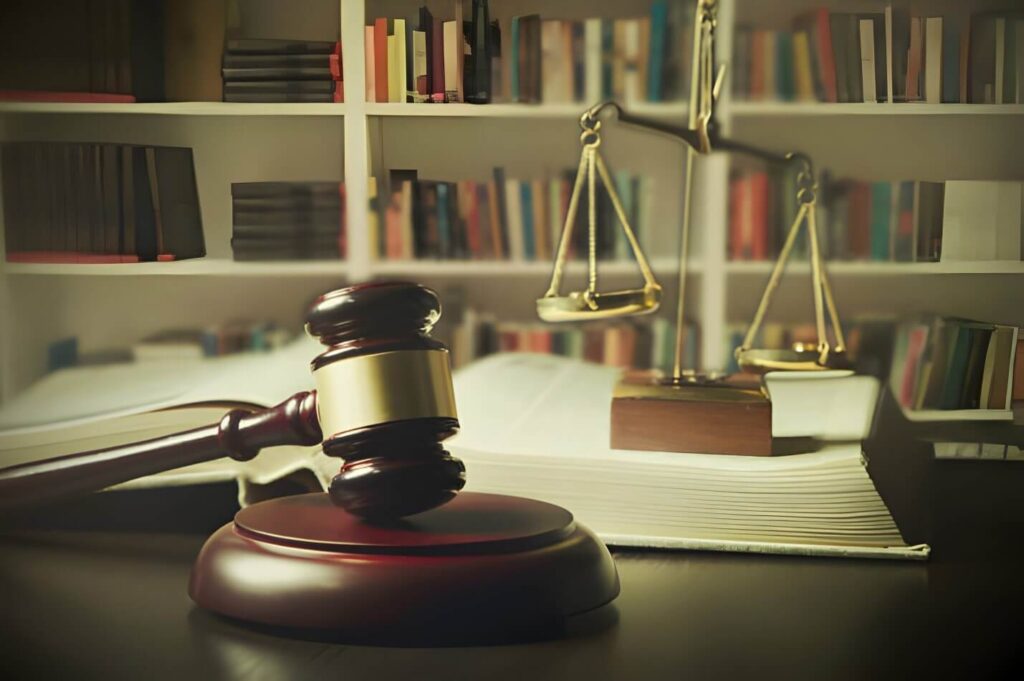
Facing criminal charges? Arm yourself with knowledge. Explore our comprehensive guide to fundamental rights in the best criminal defense, covering everything from protection against self-incrimination to the right to appeal.
Facing criminal charges is a daunting experience, but being well-informed about your fundamental rights is crucial for successfully navigating the complexities of the legal system.
This in-depth guide will shed light on each essential right you possess when accused of a crime, empowering you to make informed decisions during this critical period.
1: The Right To Remain Silent
When facing criminal charges, exercising the right to remain silent is one of the most fundamental and protective actions you can take.
This constitutional right ensures that you are not obligated to answer any questions from law enforcement or prosecutors. It is a shield against self-incrimination, emphasizing the importance of waiting until legal counsel is present.
Everything you utter during this critical time may be used against you in a court of law, underscoring the prudence of politely invoking this right.
2: The Right To Legal Representation
The right to legal representation is a cornerstone of the legal system, emphasizing the importance of having an advocate who comprehends the intricacies of the law.
If financial constraints arise, the provision of a public defender ensures that everyone has access to legal representation.
Your attorney is pivotal in building a robust defense on your behalf, guiding you through the legal process, and ensuring that your rights are protected at every step.

3: The Right To Due Process
Due process is the bedrock of fair treatment under the law. This right guarantees a fair and impartial trial, ensuring that you are fully informed of the charges against you and granting you the right to confront witnesses.
The due process clause ensures that evidence presented against you is obtained legally, emphasizing respect for your rights throughout the legal proceedings.
4: The Right To Protection From Double Jeopardy
Protection from double jeopardy is a fundamental right preventing individuals from being subjected to multiple prosecutions for the same alleged conduct.
Once you have been acquitted or convicted of a crime, you are shielded from being retried for that same offense.
This protection safeguards against potential abuse by the legal system and ensures finality in legal judgments.
5: The Right To A Speedy Trial
The right to a speedy trial is an essential safeguard, preventing individuals from languishing in legal limbo for an extended period.
This right guarantees a timely trial, not only serving the defendant’s interests but also upholding the integrity of the legal system. A swift trial ensures that justice is served promptly and efficiently.
6: The Right To Protection From Unreasonable Searches And Seizures
The Fourth Amendment protects against unjustified searches and seizures by law enforcement authorities.
This right prohibits authorities from searching your home, belongings, or person without a warrant or probable cause.
Understanding this right is crucial, as evidence obtained unlawfully may be deemed inadmissible in court, potentially weakening the prosecution’s case.
7: The Right To Protection From Cruel And Unusual Punishment
The Eighth Amendment safeguards individuals from cruel and unusual punishment, emphasizing the principle that the punishment imposed for a crime should be proportionate to the offense committed.
This right prevents excessive fines and sentences that are inhumane or degrading, underlining the humane aspect of the legal system and ensuring the preservation of an individual’s dignity.
8: The Right To Confront Witnesses
The Sixth Amendment grants the right to confront witnesses, allowing the accused to cross-examine those who testify against them.
This fundamental right is crucial in challenging the credibility and accuracy of witnesses’ statements, ensuring a thorough and rigorous examination of the evidence presented against the accused.
9: The Right To Remain Free From Self-Incrimination
The Fifth Amendment protects individuals from being compelled to testify against themselves, safeguarding against self-incrimination.
This means that during police interrogations and court proceedings, you cannot be forced to confess or provide evidence that might establish your guilt.
Remaining silent under questioning preserves your defense, ensuring that you cannot unknowingly admit to guilt or provide information that might be used against you later.
10: The Right To Appeal
Even after a conviction, the legal process does not conclude. The right to appeal allows individuals to challenge their conviction or sentence in a higher court.
This critical right serves as a mechanism to rectify legal errors, emphasizing the ongoing nature of the fight for justice.
Understanding the appellate process and having legal representation can be pivotal in seeking redress and potentially overturning an unjust conviction.
Conclusion:
Facing criminal charges is overwhelming, but knowing and exercising your rights is crucial for protecting yourself during legal proceedings.
Understanding these fundamental rights ensures your interests are safeguarded and justice is served fairly. Always seek legal counsel to guide you through the process and fight for your rights.
At The H Law Group, we tirelessly defend our clients’ rights and advocate for their best interests. If facing criminal charges, contact the Criminal Defense Attorney for a free consultation and let us help you fight for justice.
